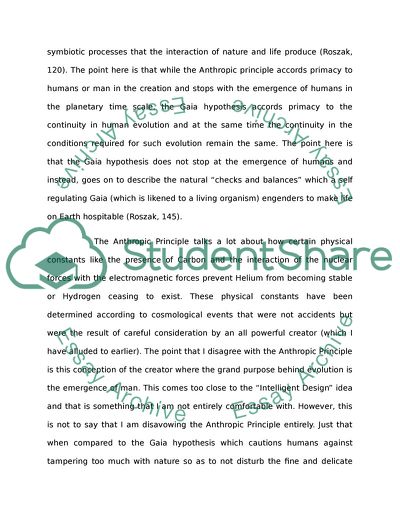Cite this document
(The Overall Purpose of Human Life on Earth Essay Example | Topics and Well Written Essays - 1250 words, n.d.)
The Overall Purpose of Human Life on Earth Essay Example | Topics and Well Written Essays - 1250 words. https://studentshare.org/philosophy/1759810-environmental-ethics-philosophy
The Overall Purpose of Human Life on Earth Essay Example | Topics and Well Written Essays - 1250 words. https://studentshare.org/philosophy/1759810-environmental-ethics-philosophy
(The Overall Purpose of Human Life on Earth Essay Example | Topics and Well Written Essays - 1250 Words)
The Overall Purpose of Human Life on Earth Essay Example | Topics and Well Written Essays - 1250 Words. https://studentshare.org/philosophy/1759810-environmental-ethics-philosophy.
The Overall Purpose of Human Life on Earth Essay Example | Topics and Well Written Essays - 1250 Words. https://studentshare.org/philosophy/1759810-environmental-ethics-philosophy.
“The Overall Purpose of Human Life on Earth Essay Example | Topics and Well Written Essays - 1250 Words”. https://studentshare.org/philosophy/1759810-environmental-ethics-philosophy.


